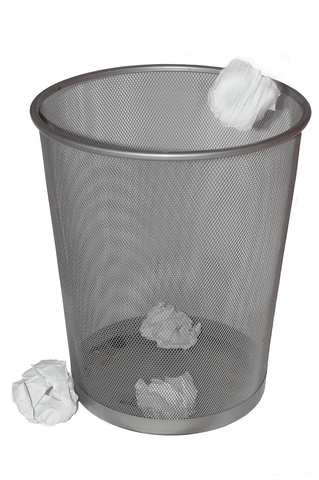It seems that every time I go to facebook, or read the news elsewhere on the Internet, there are more and more advocates trotting out reasons why Climate Change is a myth – why it isn’t really happening, or why it isn’t a serious threat. Despite decades of warnings, reams of scientific data, and countless new climate-related catastrophes, commentators say we’re just witnessing normal changes in weather, or cycles of the sun, or any number of other denier favourites. Climate Change has become a lightning rod, a symbol of the ‘elite’ trying to con ordinary citizens (of which I am one) into false beliefs. The calls have become increasingly shrill and desperate, as the deniers seek to drown out what they know to be true.
In almost every case, these people are not just mistaken, they’re deliberately lying. Why would anyone do that? Because they’re worried that the changes to our way of life required to combat Climate Change will interfere with their ability to make money. And on this point, they are correct.
But here’s the thing – even if by some miracle it was proven that the world wasn’t getting warmer, or that the change wasn’t that serious, or that it wasn’t due to human production of CO2, we would still be in the midst of an existential emergency.
I hate to burst the apologists’ balloons, but we are currently in the throes of a Metacrisis. Climate Change is only one of many existential threats being inflicted on our planet by our over-consumptive civilization. Here are some more:
- Mass Extinction – this hasn’t directly impacted us yet (other than the tragic loss of many of Earth’s beautiful creatures), but it will. We are dependent on the other lifeforms on this planet to live ourselves.
- Deforestation – plants and trees are critically important to all life on Earth. Among other things, they generate the oxygen that we breathe. And breathing is important.
- Over-fishing – this is related to threat #1, in that eventually it will severely deplete all life in the sea. No life in the sea, no life for us.
- Plastic-filled Oceans – as above.
- Air, water, and soil pollution – Breathing problems and medical issues will continue to increase, not only for us, but for all life on Earth.
- Oil Scarcity – One of many of the myths of our popular culture is that we are rapidly becoming less dependent on oil. Another is that oil is only a minor player in our civilization. In fact, our civilization would quickly grind to a halt without this vital resource. For a crude (pardon the pun) depiction of what our world would be like without oil, check out another of my blogs: Just Stop Oil. As of this moment, the Permian basin in the USA is the last remaining major source of oil that hasn’t yet peaked. And it’s expected to peak by the end of this decade. From then on, as in a deadly game of musical chairs, governments will be fighting each other for this constantly dwindling resource, a resource that not everybody will be able to have. So-called ‘renewables’ can power some kind of civilization, but certainly not the one we’re living in now.
- Resource Scarcity – oil isn’t the only thing becoming scarce. Natural gas, phosphoros, coal, even water, face severe scarcity in the near future.
- Soil Depletion – due to centuries of overuse, the soil of most of the world’s farms has lost much of its ability to support crops. It is currently heavily supplemented with fertilizers made with Ammonia – a product derived primarily from – guess what? Natural Gas.
- And of course, Climate Change.
There are actually many more threats, the above is only a list of some the most important ones. So here’s a message for those who cling to the belief that if they can somehow ‘prove’ that Climate Change is a myth, everything will be fine – it won’t.
We’ll still be headed for disaster.
One final note – arguing about whether or not we should make the required changes to our civilization is actually moot. Why? Because these changes are going to happen, whether we make them or not. The only question is whether we proactively implement them ourselves, or whether we bury our heads in the sand until Mother Nature does it for us. If we choose to be proactive, we can probably engineer some kind of soft landing. If we wait, the result could be catastrophic.
Photo 4720429 ©
Steve Silver Smith | Dreamstime.com


Add Comment